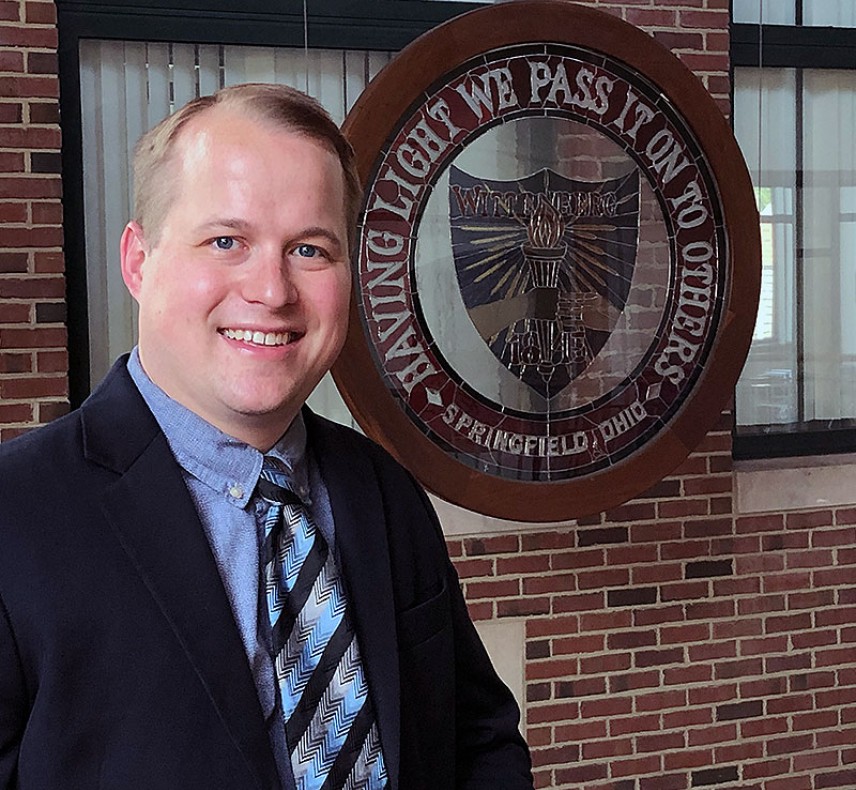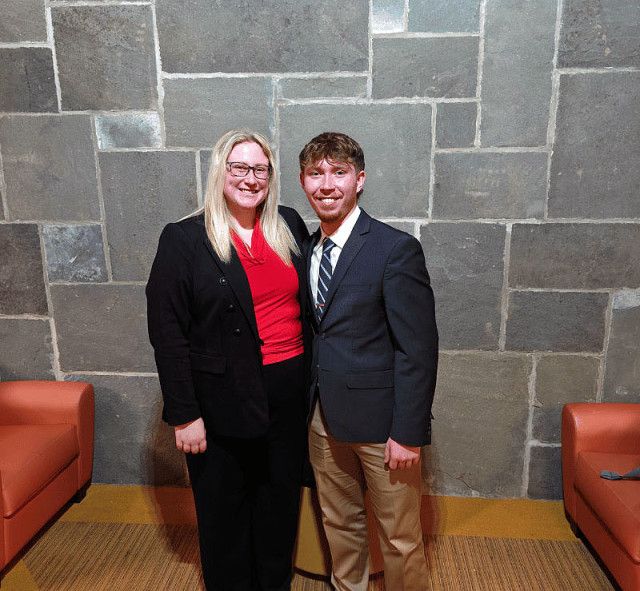Proctor received the Lautenschlaeger Award for Theological Promise, administered by the Research Center for International and Interdisciplinary Theology at Heidelberg University. The award recognizes his work on his Ph.D. dissertation titled “Rulers of the Air: Demonic Bodies and the Making of the Ancient Christian Cosmos” (UNC-Chapel Hill, 2017). Proctor said his dissertation “traced how early Christian authors (ca. 50-300 CE) formulated their understandings of the divine and humanity in tandem with their ideas regarding malevolent spiritual entities (e.g., demons, evil spirits), such that ideas concerning demons came to play a major role in shaping early Christian identity and practice.”
Proctor also recently received the A.R. Pete Diamond Award for Integrative Scholarship from the Society of Biblical Literature for an article he wrote titled “A Cartography of Kinship: Domestic Space, Tomb Cult, and the Re-Mapping of Ephesus in the Acts of John,” set to be published in a forthcoming issue of the Journal of Early Christian Studies. The award recognizes “junior scholars demonstrating innovative approaches in biblical studies that advance methodological work at the intersection of historical criticism, critical theory, and cultural studies.”
“In this article, I explore how the Acts of John (a second century “apocryphal” account of the miracles of St. John) formulated a kind of imagined religious “map” of the cities of the ancient Mediterranean, with a particular focus on the ancient city of Ephesus,” Proctor said. “I note in particular that the Acts of John centered its activities within the home as well as the tomb, two sites that operated as important Christian meeting spaces in the early centuries of the Common Era.”
His latest achievement is a grant that will support research for a book he is writing, tentatively titled Multispecies and Posthuman Perspectives on the Body of Jesus in Early Christianity (ca. 50-300 CE). The grant will fund a teaching sabbatical for the 2020-21 academic year.
Proctor says his book “seeks to show early Christian understandings of Jesus, including in the Bible as well as other early Christian texts, portrayed Jesus using a variety of nonhuman entities, including as an angel, an animal (e.g., the lamb of God), and even a plant (e.g., “I am the vine and you are the branches”).”
“Such images are significant, I argue, because they show how nonhuman nature and the environment have played an important role in Christian culture from its very beginnings; this is important, in turn, because many Christian communities today are grappling with how to respond to the mounting environmental challenges such as global warming,” Proctor added.
Proctor specializes in religions of the ancient Mediterranean, with a focus on histories of Christian cultures in the ancient world (ca. 50-500 CE). His teaching emphasizes critical, experiential learning that connects historical issues with topics of contemporary significance, including connections between ancient forgeries and modern “fake news,” historical and contemporary notions of gender/sexuality, and the interactions between religious cultures and human treatment of the environment.







